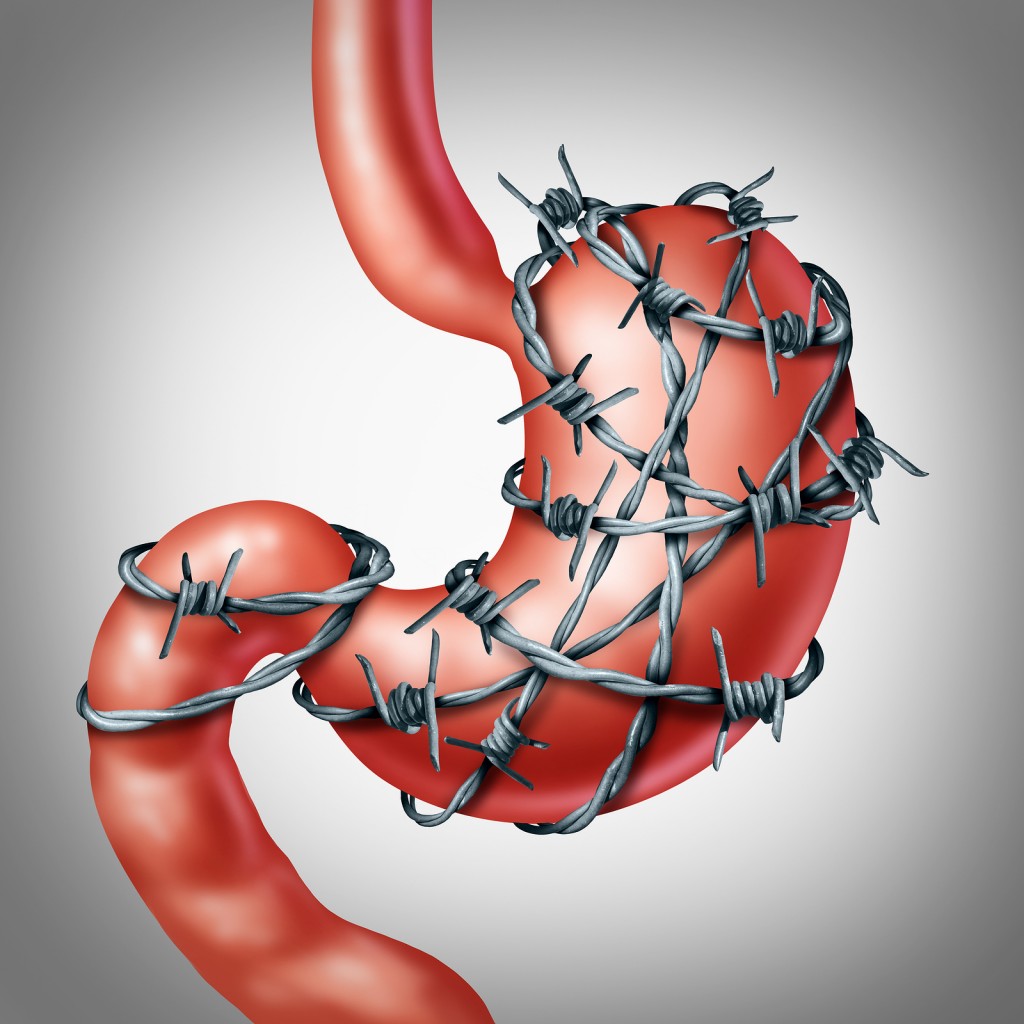- Make It Yourself Lavender Heart-Shaped Bath Bombs!
- 20 Things You Never Knew About “Down There”
- 12 Best Foods For Those Suffering From Arthritis Pain
- 12 Personal Hygiene Mistakes Almost Everyone Makes (Mom Never Told You About #4!)
- 15 Medicinal Plants And Herbs From The Cherokee People
- 12 Mind-Blowing Benefits Of Drinking Coconut Water During Pregnancy
- 12 Outstanding Winter Foods That Won’t Fatten You Up Like A Christmas Turkey
12 Natural Ways To Treat Digestive Problems (Who Doesn’t Love #9?!)

Photo credit: bigstock.com
Digestive problems are common and quite varied. Since we must eat daily for good health, any type of digestive problem can cause serious discomfort.
More than 60 million Americans are believed to suffer from some sort of digestive problem, according to the National Institute of Diabetes and Digestive and Kidney Diseases.
Some of the more common symptoms of digestive issues include heartburn, IBS, lactose intolerance, peptic ulcers, acid reflux, diarrhea, constipation, gas, bloating, indigestion, food intolerances, IBD, and celiac disease.
The root cause of many digestive problems are a poor diet; but there are other factors, including improper hygiene, lack of sleep, dehydration, stress, feelings of anxiety, lack of exercise, smoking, excessive alcohol consumption, and dehydration.
There are multiple digestive problems, so you should first see a doctor for a proper diagnosis. But before you take any prescription drugs that might make the problem worse, try some of the following natural methods!
Keep reading and find 12 completely natural ways that you can tame those digestive problems and feel great after every meal!
1. Berberine
This little known herb from China is a natural antibiotic, making it perfect for killing the H. pylori bug that causes ulcers and stomach cancer, but it also has powerful anti-viral an antifungal compounds that can fight off a wide variety of digestive problems, including an overgrowth of Candida. Berberine is also a natural anti-inflammatory, which can help stop gas, cramps, bloating, general stomach pain, and diarrhea. A common dose is 300 mg consumed three times a day for a total of 900 mg each day. If you are taking any prescription medications, or if you are under a doctor’s care for any reason, please consult with your physician to be certain of no drug interactions.
Continue to Page 2
































